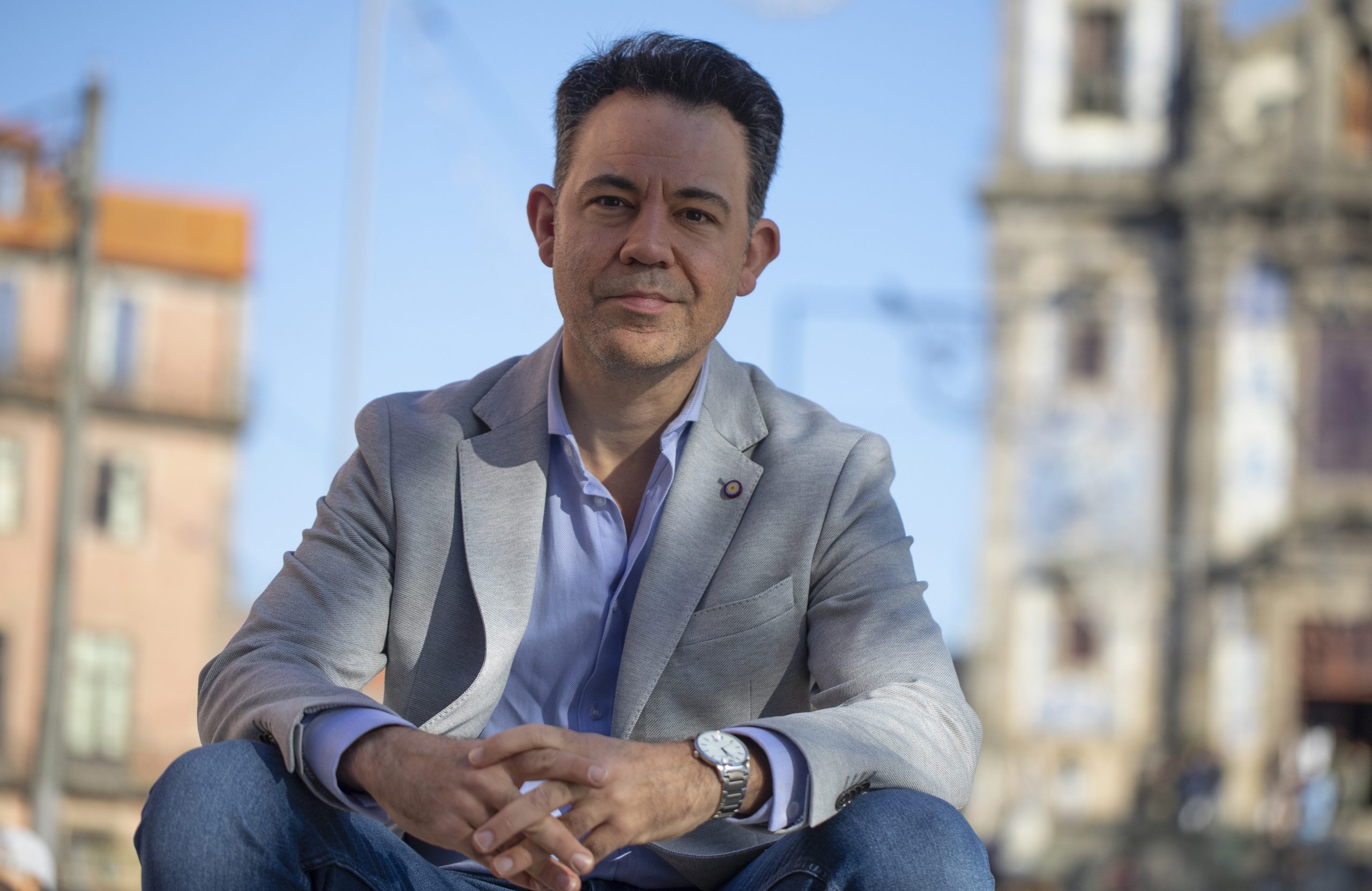The electrical system and the competitiveness of the economy of Portugal

The competitiveness of the Portuguese economy requires an optimized electrical system.
Electricity, understood as ‘electronic flow’, is not directly stored, which makes the electrical system very demanding in terms of stable supply to consumers.
From 2005, the introduction of thousands of MW of intermittent, wind and solar powers, protected by Fit – Feed in Tariffs, caused an ‘economic disaster’ in the Portuguese electrical system.
Fit are ‘political-contractual mechanisms’ that give investors who benefit from them a ‘market reserve’ with the following advantages:
1. The respective electricity has access always guaranteed to the public network, even if its market does not need;
2. The producer always has a guaranteed sales price, usually far above the price of the free market at this time;
3. All charges with backups To avoid the ‘blackouts’ caused by intermittences, they are supported by consumers.
The fit also benefits 6,000 MW of wind powers and about 500 MW of solar powers, and its effectiveness will still extend until 2034!
This ‘market reserve’ by 2034 will affect the Portuguese electrical system, both consumers, who have to pay overcustoms, and new electric producers, who will have to adjust to wind and solar intermittences.
The SU electricity report relating to 2023, reveals that the average prices paid this year to intermittent producers with FIT, were as follows:
– Solar: 315.4 euros/MWh
– Wind Offshore: 159.5 euros/MWh;
– Windings on land: 96.6 euros/MWh.
Far above market prices, which originated a total overcustom for consumers of 1,837 million euros in 2023.
In addition to these overcustoms, consumers will also have to pay the tariff debt in the electricity sector in the future, created in 2008 by the Socrates Government, which is still close to 2 billion euros.
In the face of this ‘economic calamity’ common sense advises that they are no longer granted to more intermittent powers.
Only, recently, the Minister of Environment and Energy was announced the launch of an auction to install another 2,000 MW of intermittent wind powers in offshoreprotected by contracts designated by CFD – contracts for difference, which grants, to those who benefit from them, a ‘market reserve’ identical to fit.
The irrationality of granting more fit/cfd to windshore winds is stark!
There is already 6,000 MW of Fit intermittent wind power today, when the wind blows there is excessive production and market prices sink close to zero.
That is, the government is preparing to force consumers to pay on the network access to the Network a very expensive price, talk about 200 euros/CFD/MWh, to produce electricity at the hours when it is not necessary!
The hope that the new government can reconsider, no longer grant any fit/CFD to any more intermittent power and establish a priority for the electrical system to its economic optimization.
For this you should promote:
the) The installation of more ‘optimized storage’ of intermittent electricity, starting with the pumping/turbidity in the three dams of the Zêzere-Cabril, Boução and Bode Castle.
b) The urgent reinforcement of the electrical interconnections between France and the Iberian Peninsula, in order to ‘rationalize the use of intermittences’.
It is important to mention that a new 2,000 MW interconnection is under construction in the Gulf of Biscaia, which will connect Burdeans to Bilbau, which will raise the total of France/Spain interconnections to 5,200 MW.
The conclusion of this interconnection is a priority, knowing that, last May 16, the construction in Cubnezals, next to Bordeums, of the French Transformation Post, was not known, however, the situation on the Spanish side.
The optimization of the electrical system is essential to ensure the competitiveness of Portugal’s economy, and create qualified jobs in our country.
Full Professor at Instituto Superior Técnico








:format(webp)/s3/static.nrc.nl/images/gn4/stripped/data133769201-f43dbe.jpg)